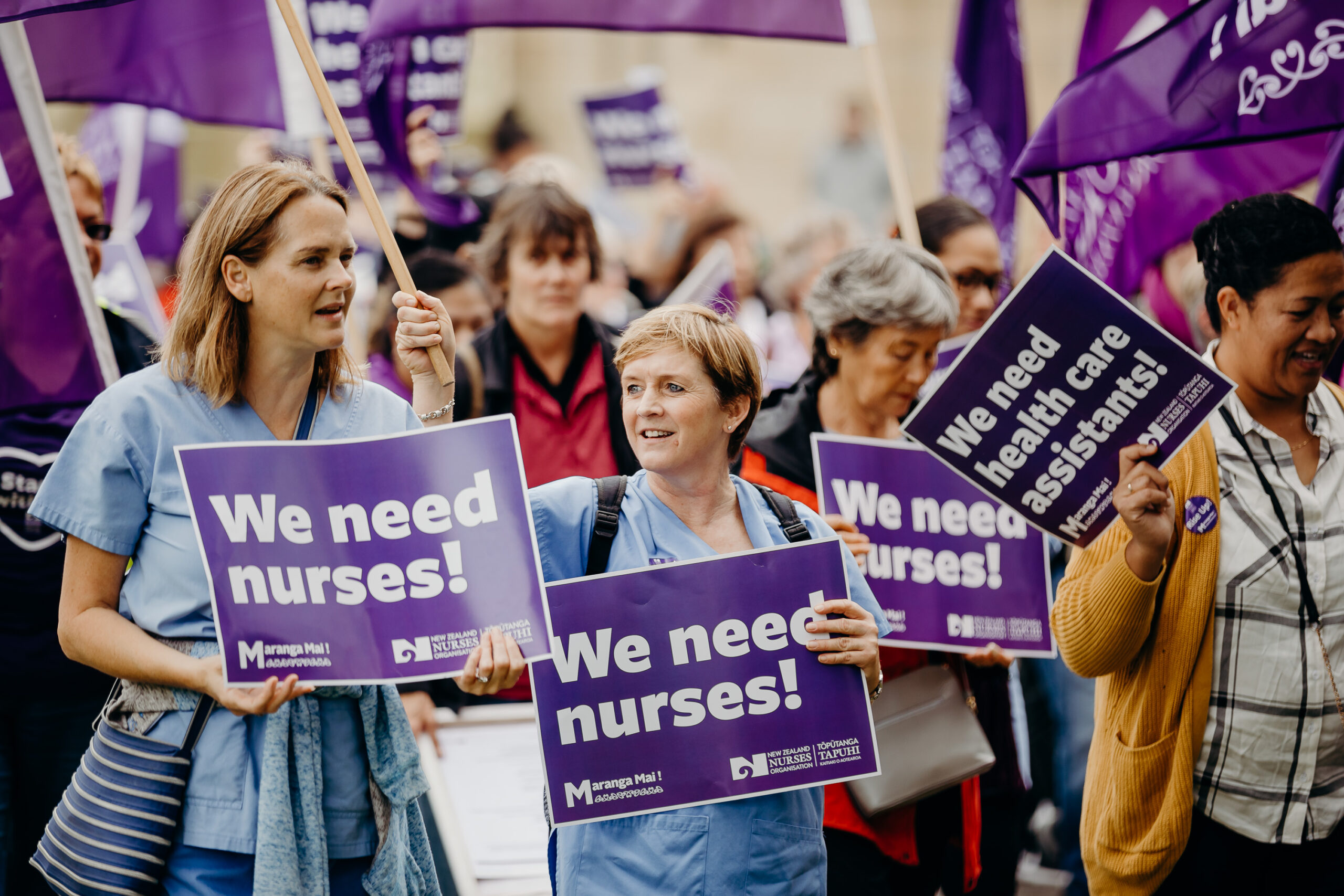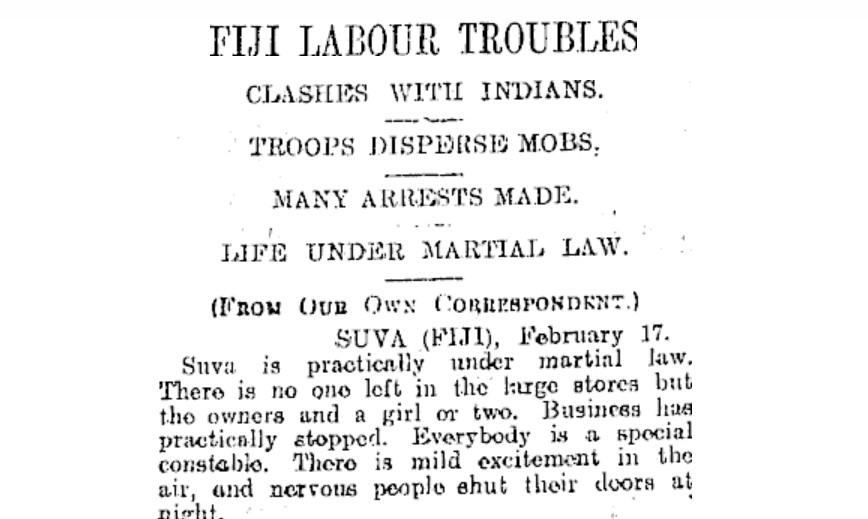It’s just sickening to read reports of the royal commission’s findings on the Pike River disaster. 29 men lost their lives – and have left behind grieving families and friends – in what was an entirely preventable, and predictable, tragedy. The lawyer for some of the families involved calls it an “unrelenting picture of failure at virtually every level”: warning after warning about the build-up of methane gas was ignored, workers’ concerns were ignored, dangerous techniques kept up. All for Pike River Coal’s drive for profit.
Sometimes it feels like a cliché to use the old slogan “people before profit”, but here we see what the opposite brings. The report lays out how Pike River Coal’s company directors and executives saw health and safety as secondary concerns compared to production and “exposed their workers to unacceptable risk.” Even now, though, they have the gall to maintain that they “acted appropriately.” High methane levels were reported reguarly, and nothing was done. I’m reminded of the sign striking miners at Waihi carried during their struggle in 1912: “If blood be the price of your cursed wealth, good god we have bought it fair.”
Against partnership
The scale of the failings by the company and the Department of Labour are so vast, and has done such enormous damage, that they have prompted unusually clear language in the press. In today’s Dominion Post Tracy Watkins, a mainstream conservative and usually pro-neoliberal commentator, calls the report’s findings “chilling and incomprehensible”. Rightly, she observes that
It is a damning indictment on a regulatory regime in New Zealand that has seen layers of prescriptive regulations peeled back to balance safety considerations against productivity […] It is an acknowledgement that successive governments and the bureaucracy have failed workers in the worst possible way.
The Labour Department’s bosses deserve harsh criticism for their failings. The workers at Occupational Safety and Health, with real expertise and commitment to safety, have been hampered by a top management and policy that favoured bosses’ ‘flexibility’ to exploit over workers’ safety. The report found Pike had a “low-key compliance approach” and the Department itself declined requests for further inspectors! This was a tragedy waiting to happen, and it seems increasingly clear that many who had the power to act knew this.
For over twenty years now, under both Labour and National governments, the official orthodoxy in health and safety has been that ‘partnership’ is the way forward. Both workers and bosses, the argument goes, have a shared interest in safe workplaces. The Ministry of Business, Innovation and Employment makes the case – in typically jargon-filled language – in a section of their ‘National Action Agenda’ called partners in action:
A pledge has been devised as a symbolic acknowledgement of the collaborative approach needed between government, business, industry organisations, unions, and health and safety professionals and practitioners. Stakeholders that are willing to do their part to achieve zero harm in the workplace can become Partners in Action with the Department of Labour as the lead agency.
At best this is a fantasy and wishful thinking, and at worst an outright lie. There can be no ‘partnership’ between workers and bosses because our interests are fundamentally opposed: Pike River Coal was “borrowing money to keep operations going and was driven to produce coal from the mine as its only source of revenue.” Of course their managers and directors would look for ways to keep production going.
The very fact that the Department of “Labour” has been abolished and replaced with “Business, Innovation and Employment” shows the real thinking behind talk of partnership: health and safety inspectors’ independence and powers to punish business have been scaled back so business (in ‘partnership’) can focus on making money and exploiting its labour force.
A fighting union movement
Health and safety is a union issue, and it’s going to take us re-building a fighting union movement for work in New Zealand to become safer. It’s no accident that this is now ranked one of the most dangerous countries for workers in the developed world – as the union movement has grown weaker, following the Employment Contracts Act, so too has bosses’ ability to cut corners grown.
Imagine if workers had the confidence to stop work every time there was an infringement or known risk? What if there were stoppages by all the workers on a site each time one person was injured or hurt? This used to be common practice in some industries, and it hurt the bosses where they notice, in lost ‘productivity’ and profits. That does far more for safety than any number of hours talking about partnership.
The Engineering, Printing, and Manufacturing Union is calling for the “the re-introduction of worker-elected check inspectors” in mining. This is essential; health and safety needs to be in the hands of those with an interest in promoting it – working people whose health and safety is put at risk – and not controlled by our bosses and managers, who have an interest in maximising the amount of work they can get out of us.
The tragedy at Pike River offers a wider political challenge, too. How many more unnecessary deaths will there be, as companies are bound to look for ways to increase production and minimise their costs? This is an indictment of capitalism. We need to continue the long project of rebuilding our unions, and arming ourselves with the outlook and analysis that will give our side the confidence to fight for its own rights.
Far more than a “ lack of regulatory effectiveness” is involved, as John Key well knows. The 29 miners who died should be alive today. Their loss exposes the moral bankruptcy of the company, the bosses at the Ministry of Business, Innovation and Employment, the government, and, ultimately, the capitalist system itself.









